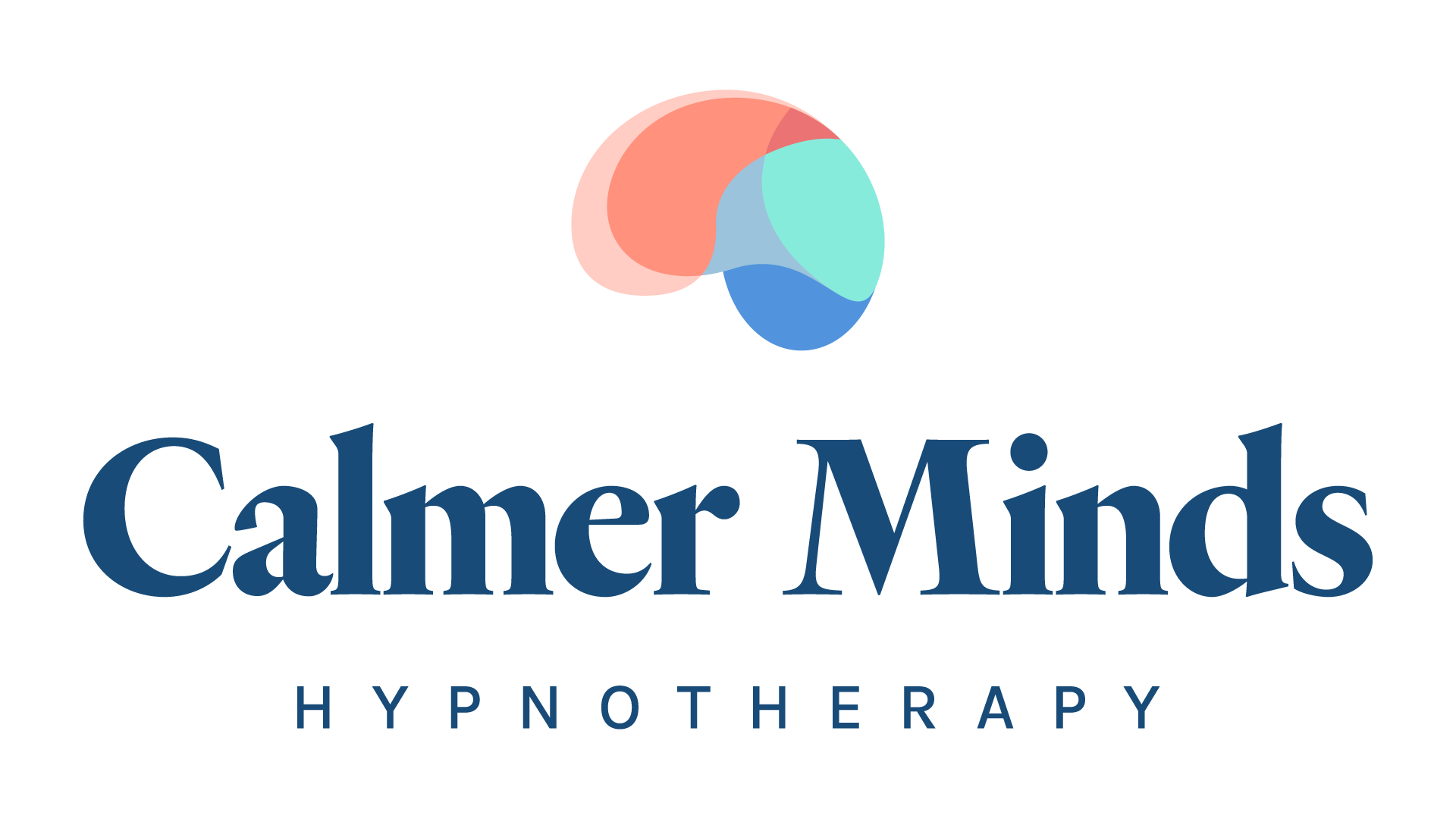10 Jul Understanding the Difference Between Anxiety and Depression
Understanding the Difference Between Anxiety and Depression
Introduction:
In the realm of mental health, anxiety and depression are two widely recognized and prevalent conditions that affect millions of individuals worldwide. While they may share certain similarities, it is essential to understand that anxiety and depression are distinct mental health disorders with unique characteristics, causes, and treatment approaches. In this blog post, we will delve into the depths of anxiety and depression, exploring their differences and shedding light on these often misunderstood conditions.
1. Defining Anxiety:
Anxiety is a psychological condition characterized by persistent feelings of fear, worry, and apprehension. It is often accompanied by physical symptoms such as rapid heartbeat, restlessness, difficulty concentrating, and muscle tension. Individuals with anxiety disorders experience excessive and irrational fear and may struggle with managing their worries, even when there is no imminent threat. Common anxiety disorders include generalized anxiety disorder (GAD), panic disorder, social anxiety disorder, and specific phobias.
2. Understanding Depression:
Depression, on the other hand, is a mood disorder marked by persistent feelings of sadness, hopelessness, and a loss of interest or pleasure in activities once enjoyed. Individuals with depression often experience a lack of energy, changes in appetite or sleep patterns, difficulty concentrating, and recurring thoughts of self-doubt or guilt. Major depressive disorder (MDD), dysthymia, and postpartum depression are some of the forms of depression that can significantly impact a person’s daily life.
3. Key Differences:
3.1. Emotional Experience:
Anxiety primarily manifests as intense worry, fear, and a sense of impending doom. Individuals with anxiety disorders may constantly anticipate negative outcomes and struggle with uncertainty, which can lead to excessive caution and avoidance behavior. In contrast, depression is characterized by persistent sadness, a feeling of emptiness, and a loss of interest or pleasure in activities once enjoyed. People with depression often experience a pervasive sense of hopelessness and may struggle with feelings of guilt or worthlessness.
3.2. Physical Symptoms:
While both anxiety and depression can cause physical symptoms, anxiety tends to manifest more prominently through restlessness, muscle tension, rapid heartbeat, shortness of breath, and gastrointestinal issues. On the other hand, depression may cause changes in sleep patterns (insomnia or excessive sleeping), changes in appetite (significant weight loss or gain), fatigue, and bodily aches.
3.3. Focus of Concern:
Anxiety is often associated with excessive worry about future events, fear of social situations, or specific phobias. Individuals with anxiety disorders may experience a constant state of hyperarousal and an inability to relax. Depression, on the other hand, is characterized by a pervasive feeling of sadness and a loss of interest in activities that were once pleasurable. Depressed individuals may struggle with feelings of worthlessness, have difficulty concentrating, and may even contemplate self-harm or suicide.
4. Overlapping Features and Comorbidity:
While anxiety and depression have distinct features, it is important to note that they can coexist or overlap in some cases. Many individuals with anxiety disorders also experience depressive symptoms, and vice versa. The presence of both anxiety and depression can complicate the diagnosis and treatment process, requiring a comprehensive and tailored approach by mental health professionals.
5. Treatment Approaches:
Treatment for anxiety and depression often involves a combination of therapy, medication, and lifestyle changes. Cognitive-behavioral therapy (CBT), dialectical behavior therapy (DBT), and other evidence-based psychotherapies are commonly used to address the underlying thoughts, beliefs, and behaviors associated with anxiety and depression. Medications such as selective serotonin reuptake inhibitors (SSRIs) or serotonin-norepinephrine reuptake inhibitors (SNRIs) may be prescribed to help manage symptoms. Additionally, self-care practices like regular exercise, proper nutrition, adequate sleep, and stress reduction techniques can play a vital role in managing both conditions.
Conclusion:
Anxiety and depression are distinct mental health disorders that affect individuals differently, but they often share common ground. Understanding the differences between these conditions is crucial for accurate diagnosis, effective treatment, and improved mental well-being. If you or someone you know is struggling with anxiety, depression, or both, seeking professional help can provide the support and guidance necessary to navigate these challenging seas and restore balance to the mind. Remember, no one should sail alone; help is always available.
If you are struggling with anxiety or depression and would like some help or support, arrange a discussion call with us today by clicking HERE or by completing the form below.
Take the first step towards a brighter future and book your appointment today!
Our highly trained and experienced hypnotherapists deliver exceptional, personalised care to ensure that every client experiences positive, lasting change.
Don’t wait any longer, contact us today for expert help and guidance on
your journey to a better, brighter future.
Error: Contact form not found.

